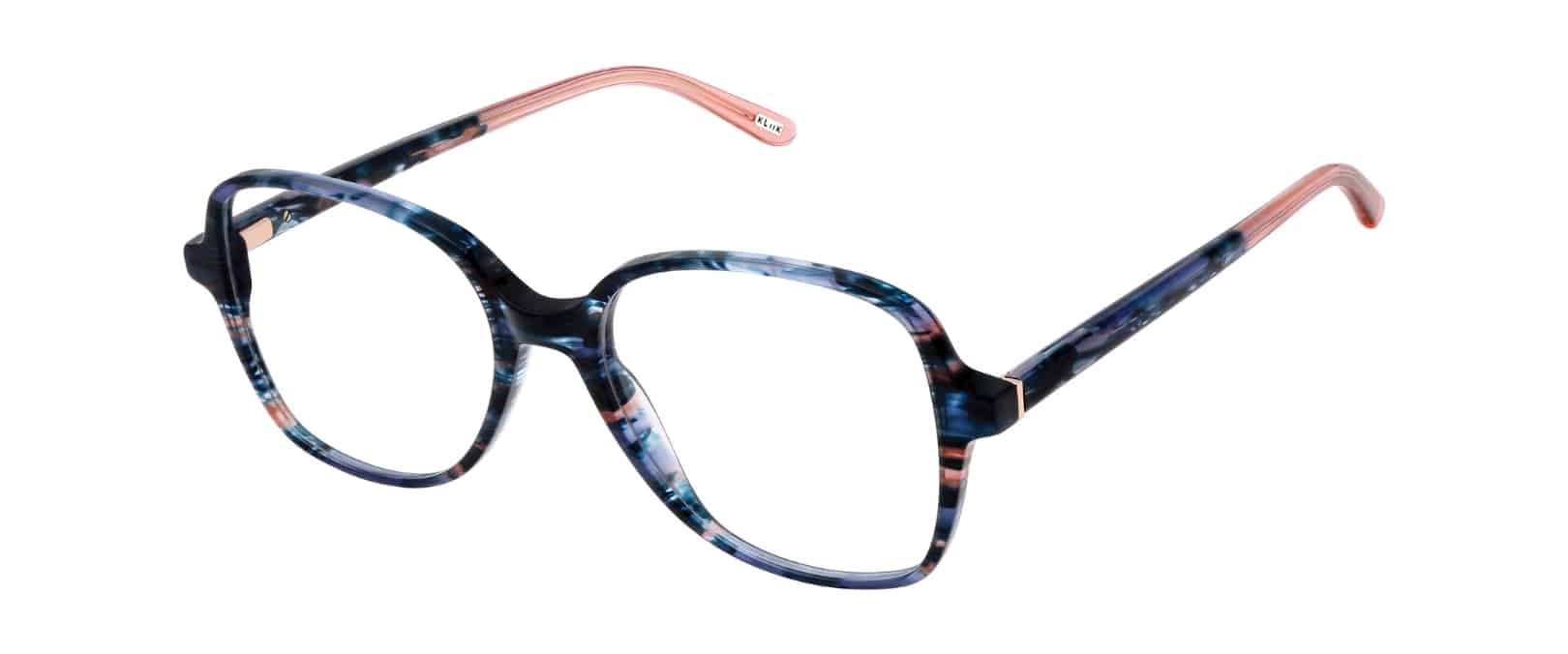Reducing Inflammation to Protect Vision for Diabetic Retinopathy and Premature Infants
Wednesday, February 22 2023 | 08 h 27 min | Vision Science
Diabetic retinopathy and retinopathy of prematurity are eye diseases that occur when blood vessels grow uncontrollably and leak fluid and blood into the eye, causing vision loss. Inflammation can be a response to this damage and may make the eye disease worse.
Researchers from the Medical College of Georgia have published a study in the journal Cell Death and Disease, showing that a molecule called arginase 1 may interfere with the inflammatory response and reduce damage. Arginase 1 has been previously studied as a potential treatment for certain types of cancer. In this new study, researchers studied mice who had been fed a high-fat diet and developed a condition similar to diabetic retinopathy. When these mice were treated with arginase 1, the mice had less inflammation and exhibited healthier retinas with less leakage.
Currently, the standard treatment for diabetic retinopathy is injections into the eye of a drug called anti-VEGF which reduces blood vessel growth. These treatments can be very effective at slowing progression of the disease but can also be invasive. What is potentially exciting about arginase 1, is that it can be delivered by a less invasive method.
This is encouraging but still early-stage research. More work will have to be done in animal models before this potential treatment can be tested in humans in a clinical trial. We look forward to learning more as the research progresses.








